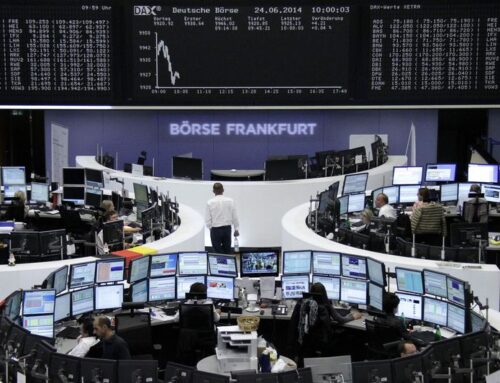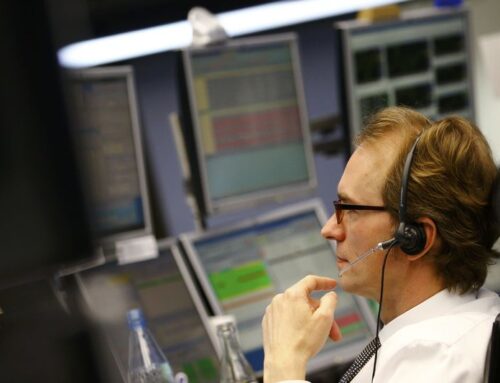ECB gives Greece thumbs up with funding boost
July 16, 2015
By Balazs Koranyi and John O’Donnell
FRANKFURT (Reuters) – The European Central Bank increased emergency funding for Greek banks on Thursday, ending a freeze of almost three weeks and urging Europe to find a way to cut the country’s debt burden.
ECB President Mario Draghi underlined his assumption that Greece will remain part of the 19-member bloc, rebuffing suggestions by Germany’s finance minister that Greece could leave, after Greek lawmakers approved a painful reform package.
The ECB will grant a further 900 million euros in so-called Emergency Liquidity Assistance (ELA) to Greek banks over the coming week, a small but important back-up necessary to reopen banks shuttered for nearly three weeks as Greece teetered on the edge of quitting the euro.
The decision came even before Europe had finalised the details of a 7 billion euro temporary loan to Greece, money needed for Athens to repay the ECB 3.5 billion euros of bonds plus roughly 700 million euros of interest on Monday.
That showed Draghi’s determination to act, despite the ongoing political uncertainty over Greece’s future.
He said he was confident Greece would repay the ECB on Monday and pay the International Monetary Fund, to which it has already defaulted.
In a rare move, Draghi also issued an explicit message of support for addressing Greece’s heavy debts, a long-standing demand from Athens but one that is opposed by Germany and others, who fear the political fallout from granting such relief.
“It’s uncontroversial that debt relief is necessary and I think that nobody has ever disputed that,” Draghi told journalists. “The issue is what is the best form of debt relief within our framework, within our legal institutional framework. I think we should focus on this point in the coming weeks.”
Those comments pit Draghi against Germany’s Wolfgang Schaeuble, the finance minister who has said that even if a ‘haircut’ or debt writedown may be needed, it is not possible under European rules.
The IMF earlier this week said that Greece needs far more debt relief than European governments have been willing to contemplate so far and that its debt is expected to peak at close to 200 percent of its national output.
GREECE STAYS
Though Draghi declined to repeat his earlier comments that the currency union was irreversible, he fully endorsed Greek membership, throwing his support behind its bailout package that he said would help the country thrive again.
“The ECB has acted within its mandate and will continue to do so under the assumption that Greece will remain a member of the euro area,” Draghi said.
Still, Draghi repeated that the euro was imperfect and vulnerable.
“He (Draghi) clearly held out the carrot. If Greece continues to implement the agreement from Monday morning, the resulting improvement in the outlook for the Greek sovereign would make it possible for the ECB to do more for the banks,” Berenberg economist Holger Schmieding said.
The modest increase in ELA indicates that banks could reopen with only reduced operations and cash withdrawal limits at least until a bailout package is passed and banks receive at least some of the 25 billion euros earmarked for recapitalisation.
Draghi said banks should reopen fast but that caution is required to avoid a bank run.
Emergency funding has been held steady at around 89 billion euros since late June, hurting an economy that is already in recession and has shrunk by a quarter since the start of the country’s troubles.
The bank also kept interest rates steady and said that its 1 trillion euro plus asset buying programme is working as planned boosting lending and lifting inflation back towards the bank’s target of just below 2 percent.
Draghi repeated that the banks would fully implement the scheme, set to last at least until September 2016, and said the bank had more tools at its disposal if necessary.
“Recent developments in financial markets, which partly reflect greater uncertainty, have not changed the Governing Council’s assessment of a broadening of the euro area’s economic recovery.”
(Additional reporting by Francesco Canepa; Editing by Jeremy Gaunt and Paul Taylor)
Search
RECENT PRESS RELEASES
Related Post






